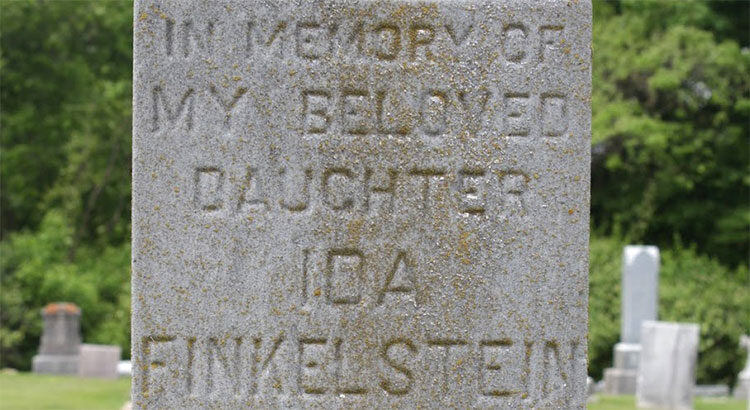This year our Passover seder will be celebrated on Saturday, April 12, starting at 6 p.m. We will be led by our rabbi, Jennifer Lewis, and we will have a full seder meal. We will drink the wine; we will break the matzot and eat the bitter herbs.
We will celebrate while reclining (at least symbolically) the Exodus from Egypt and the miracles performed at that time, at that place. Those miracles are well retold in the seder, and the awesomeness of the Lord will be recounted.
But there is another miracle that arises from the seder that is not often considered. The miracle that I wish for us to consider is the sharing of a meal within our small community and, often, with the larger community. The miracle I speak of is the shared meal. The sharing of a meal has great power for all who attend.



